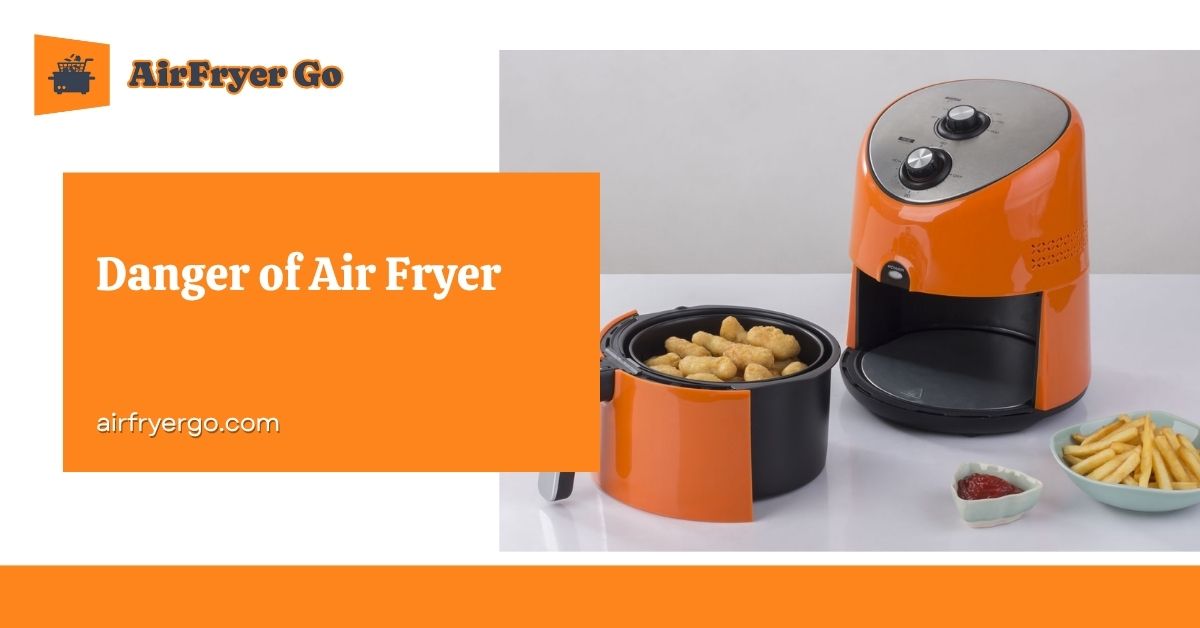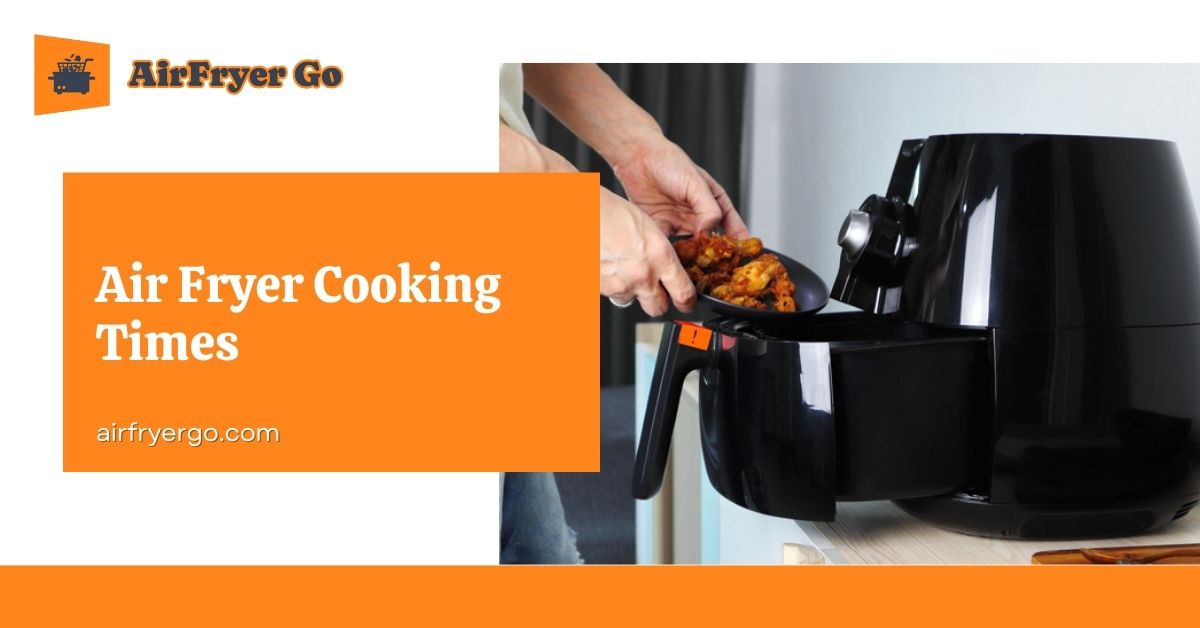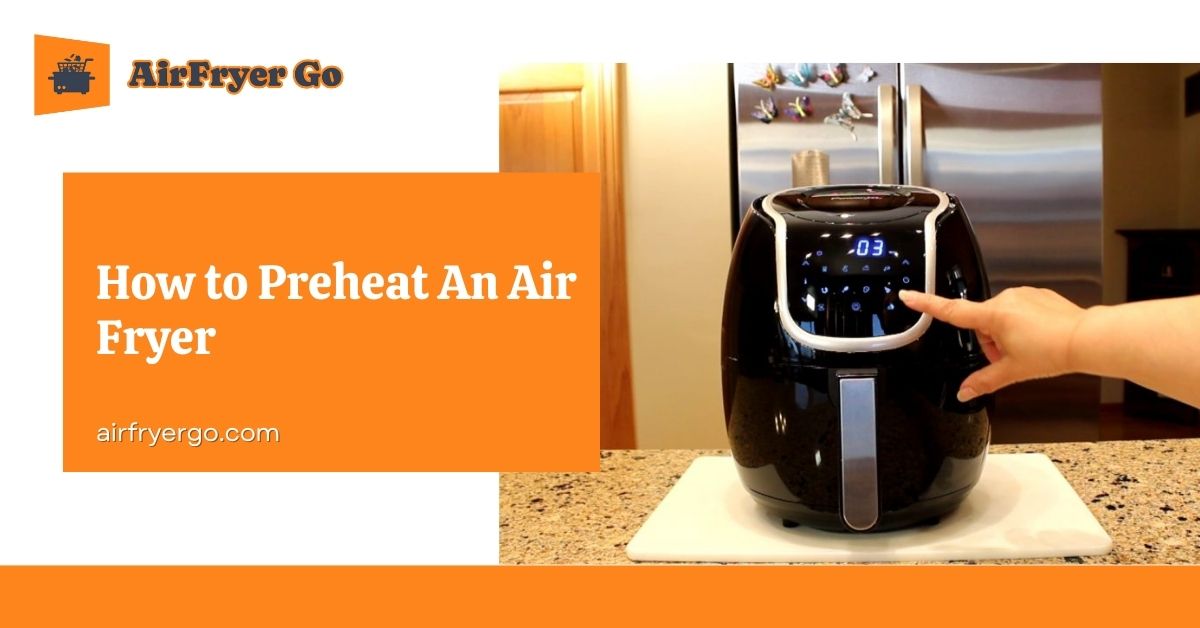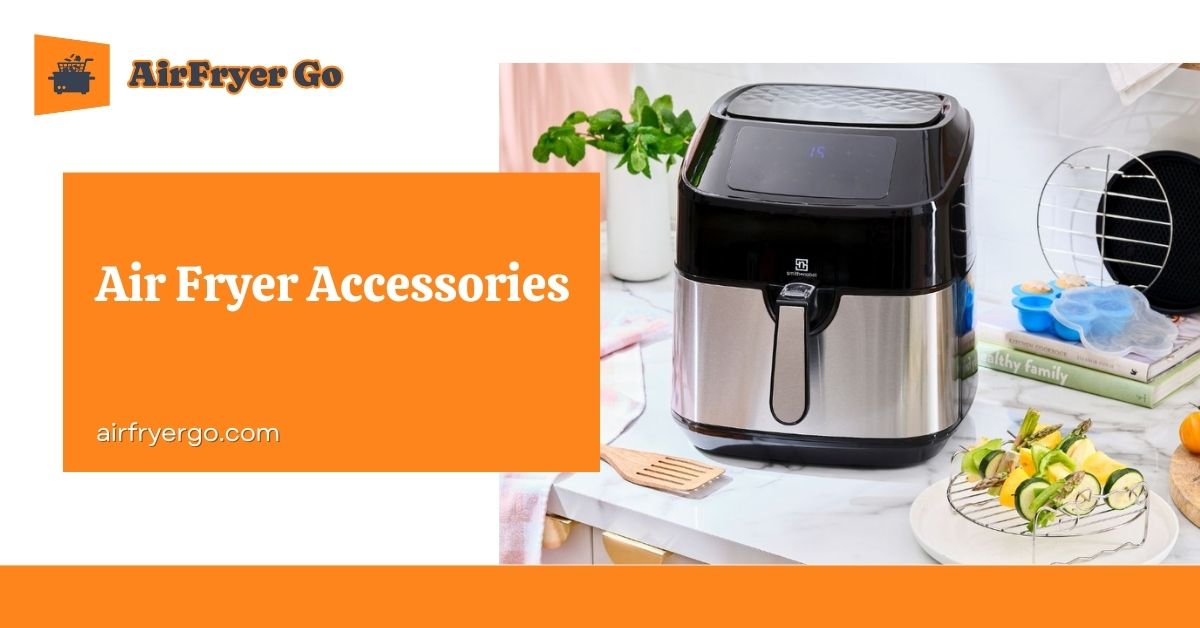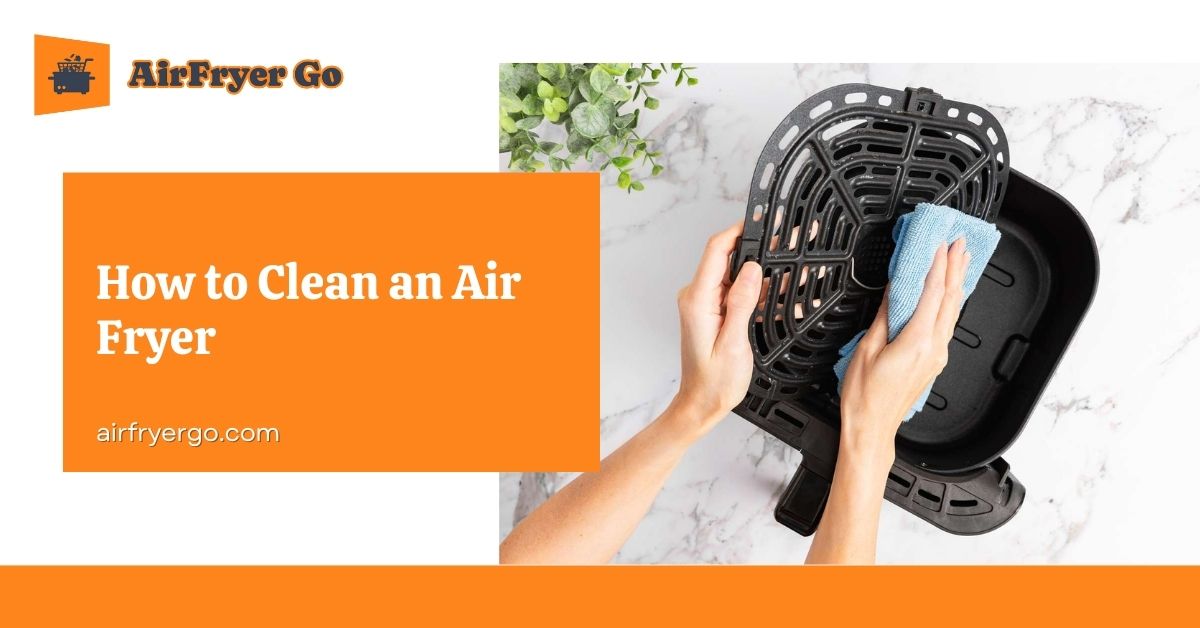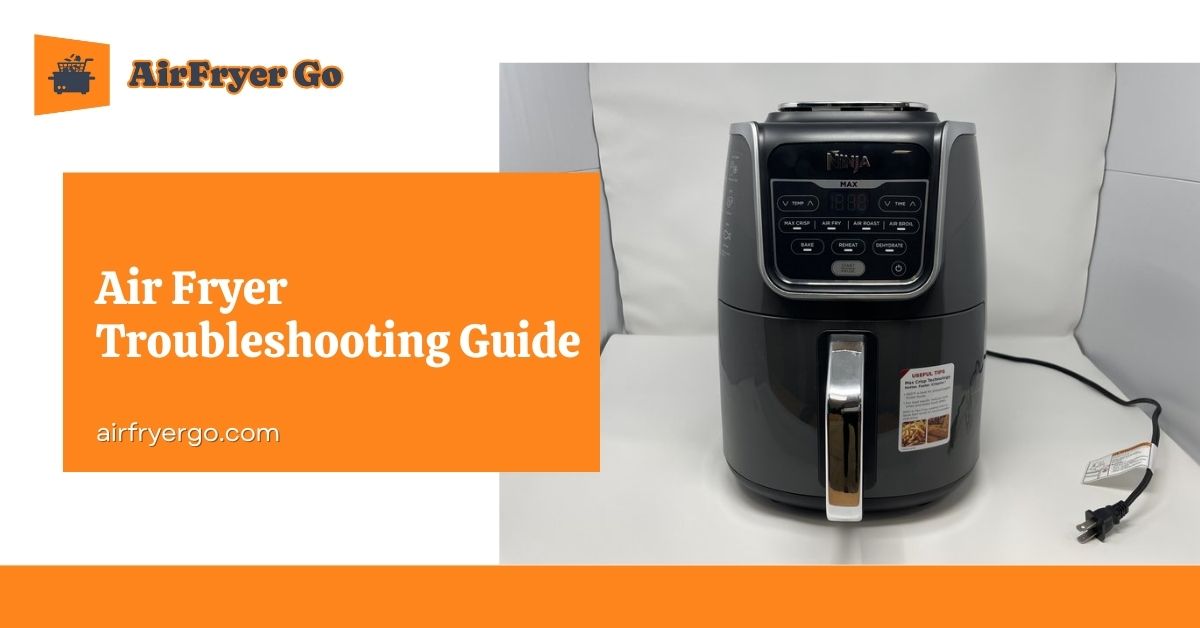Air fryers have revolutionized home cooking, offering a healthier alternative to traditional frying methods. However, with their growing popularity, concerns about the danger of air fryer have also emerged. Are these devices truly risky, or are the dangers exaggerated by myths and misconceptions?
In this article, we’ll uncover the potential risks, debunk common myths, and provide practical tips to help you use your air fryer safely and confidently. Whether you’re a new user or a seasoned fan, understanding these factors will ensure a safe and enjoyable cooking experience
Understanding the Danger of Air Fryers: Are They Really Unsafe?
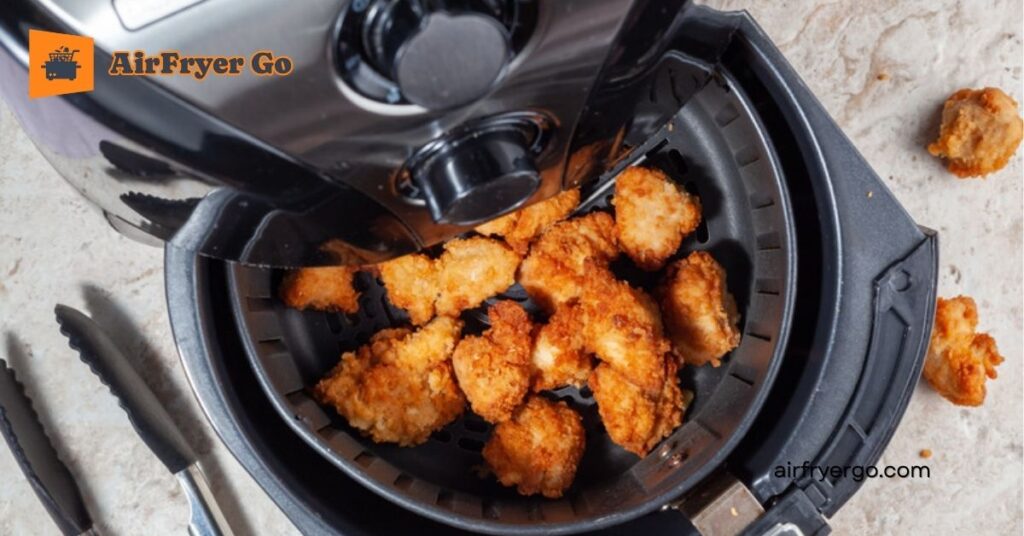
Air fryers have become a staple in modern kitchens, celebrated for their ability to create crispy, delicious meals with minimal oil. Despite their popularity, questions about the danger of air fryers continue to surface. Some worry about potential health risks, such as harmful chemicals or overheating, while others fear the safety hazards associated with improper use.
So, are air fryers genuinely unsafe, or is the fear largely unfounded? In this section, we’ll explore the facts behind these concerns, distinguishing between real risks and common myths. By understanding these issues, you can make informed decisions and safely enjoy the benefits of your air fryer.
Common Concerns About Air Fryers
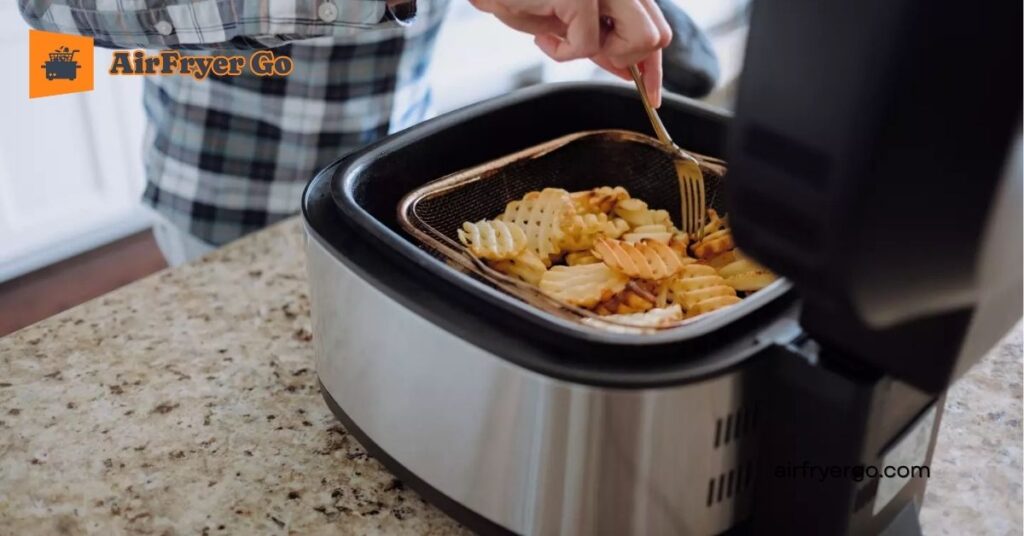
Air fryers have gained widespread appeal for their convenience and healthier cooking options. However, like any kitchen appliance, they come with certain concerns that users should be aware of. Below are the most common issues associated with air fryers:
1. Health Concerns
- Formation of Acrylamide:
Cooking at high temperatures can cause the formation of acrylamide, a potentially harmful chemical, especially when frying starchy foods like potatoes. While this risk exists with all high-temperature cooking, it’s often highlighted in air fryer usage. - Non-stick Coating Safety:
Many air fryers use non-stick coatings in their baskets. If these coatings are damaged or overheated, they could release toxic fumes or particles, raising health concerns.
2. Safety Risks
- Overheating and Fire Hazards:
Improper use, such as overloading the basket or placing the air fryer on a flammable surface, can lead to overheating and even fire hazards. - Electrical Malfunctions:
Like any electrical appliance, faulty wiring or misuse can result in malfunctions, which might pose a safety risk.
3. Food Quality Concerns
- Loss of Nutritional Value:
Some users worry that high heat might degrade the nutritional content of certain foods. This concern is common with most cooking methods involving high temperatures. - Uneven Cooking Results:
Poorly designed air fryers or incorrect use can lead to uneven cooking, leaving parts of the food undercooked, which may be a health risk, especially with meat or poultry.
4. Misuse and User Errors
- Not Following Instructions:
Ignoring the manufacturer’s guidelines, such as overfilling the basket or using incompatible utensils, can lead to safety issues. - Incorrect Cleaning Methods:
Failing to clean the air fryer properly can result in grease buildup, which may cause smoke or unpleasant odors during cooking.
By addressing these concerns, you can take proactive steps to minimize risks and maximize the benefits of your air fryer. In the next section, we’ll delve deeper into the validity of these risks and how to mitigate them effectively.
Detailed Analysis: Are the Risks Justified?
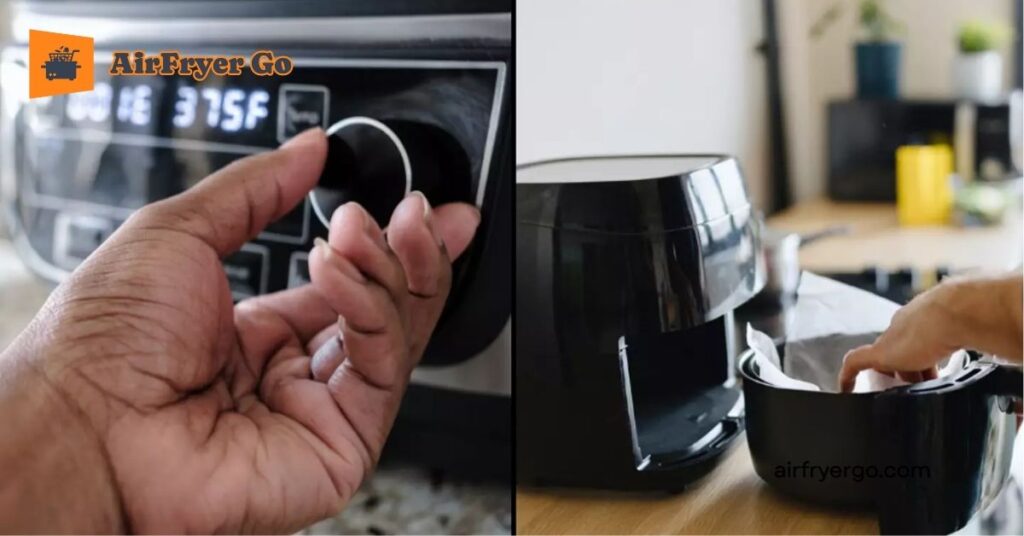
The concerns surrounding air fryers often raise questions about their safety and health impact. To provide clarity, let’s examine these risks more closely and determine whether they are justified or exaggerated.
1. Health Risks: Acrylamide and Non-Stick Coatings
- Acrylamide Formation:
High-temperature cooking can lead to the creation of acrylamide, a chemical linked to potential health risks. However, this is not unique to air fryers—it occurs in many cooking methods, including frying and baking. To minimize this risk:
- Cook starchy foods at lower temperatures.
- Avoid over-browning or charring foods.
- Cook starchy foods at lower temperatures.
- Non-Stick Coatings:
Concerns about non-stick coatings releasing toxic fumes are largely unfounded with modern, high-quality air fryers. Reputable brands use coatings free from harmful chemicals like PFOA. That said, damaged coatings should be replaced to ensure safety.
Verdict:
These risks are manageable with proper cooking techniques and regular maintenance.
2. Safety Risks: Overheating and Fire Hazards
- Overheating Risks:
Overloading the basket, blocking ventilation, or placing the device on heat-sensitive surfaces can lead to overheating or fire hazards. Modern air fryers are equipped with safety features such as auto shut-off to mitigate these risks. - Electrical Malfunctions:
Faulty units or improper handling of electrical components pose risks, but purchasing from trusted manufacturers and following user guidelines can prevent most issues.
Verdict:
These risks stem more from misuse than inherent flaws in the device.
3. Food Quality Concerns: Nutritional Value and Even Cooking
- Nutritional Value:
While high heat can reduce some nutrients, air fryers generally retain more nutrients than deep frying because they require less oil and shorter cooking times. - Uneven Cooking:
This issue is often due to overfilling the basket or not preheating the fryer. Using the appliance as directed ensures even and safe cooking.
Verdict:
These are minor issues that can be easily addressed with proper use.
4. Myths vs. Reality
- Myth: Air Fryers Cause Cancer
This claim is often based on misunderstandings about acrylamide. With responsible use, the risk is negligible. - Myth: Air Fryers Are Prone to Explosions
Properly functioning air fryers from reliable brands do not explode. This risk arises from defective or counterfeit products.
Verdict:
Myths and misinformation amplify perceived risks, but real dangers are rare when using certified products responsibly.
The risks associated with air fryers are minimal and largely preventable with proper use, regular maintenance, and informed choices. Air fryers remain a safer and healthier alternative to traditional frying, offering convenience without significant compromise.
Tips to Use Your Air Fryer Safely
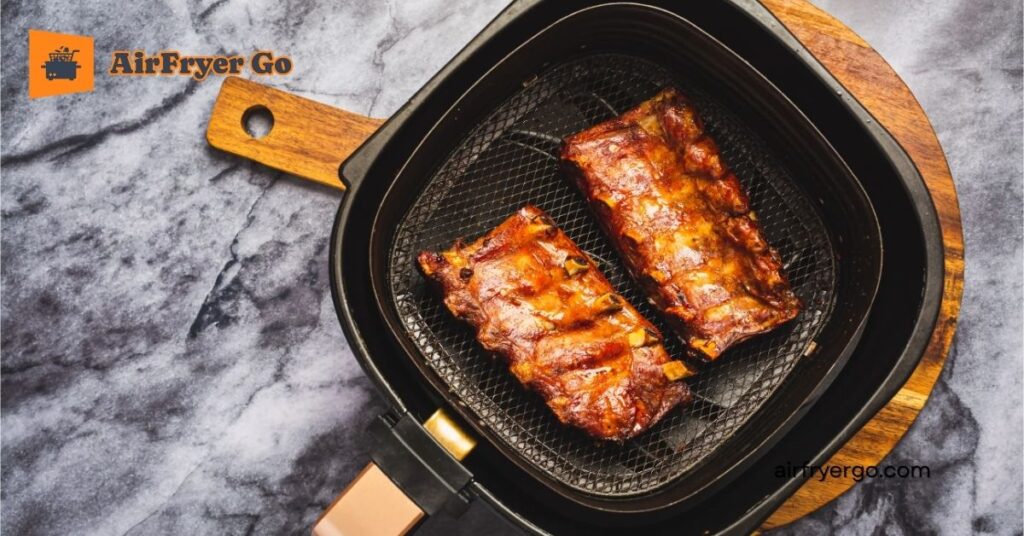
Using an air fryer can revolutionize your cooking experience, but safety should always be a priority. With these tips, you can ensure your air fryer operates smoothly, safely, and efficiently, giving you peace of mind while preparing delicious meals.
1. Follow the Manufacturer’s Guidelines
Every air fryer model is unique, so take the time to read the user manual thoroughly. This will help you understand your appliance’s specific features, recommended settings, and capacity limits. Following these guidelines ensures safe usage and extends the lifespan of your air fryer.
2. Place Your Air Fryer Properly
Always position your air fryer on a flat, stable, and heat-resistant surface. Keep it away from walls and flammable materials to allow proper ventilation. Ensuring good airflow around the appliance reduces the risk of overheating.
3. Don’t Overcrowd the Basket
Air fryers rely on hot air circulation to cook food evenly. Overfilling the basket can block this airflow, resulting in uneven cooking and potentially causing the device to overheat. If you’re cooking for a large group, consider preparing food in multiple batches.
4. Use Appropriate Temperature Settings
Stick to the recommended temperature for each type of food. Overheating can lead to acrylamide formation in starchy foods or strain your appliance unnecessarily. Cooking at moderate temperatures often yields better results while maintaining safety.
5. Keep Your Air Fryer Clean
A clean air fryer is a safe air fryer. After each use, remove crumbs, grease, and food residue from the basket and pan. Regular cleaning prevents smoke production, unpleasant odors, and potential fire hazards caused by grease buildup.
6. Protect the Non-Stick Coating
Most air fryer baskets come with a non-stick coating that requires careful handling. Use non-metal utensils such as silicone or wooden tools to avoid scratching. Inspect the coating periodically and replace parts if you notice any peeling or damage.
7. Use Air Fryer-Safe Accessories
Only use accessories specifically designed for air fryers. Avoid using plastic, wax paper, or other non-oven-safe materials, as they can melt or ignite. Accessories from reputable manufacturers ensure safety and optimal performance.
8. Always Supervise the Air Fryer
Although air fryers are convenient, they should never be left unattended during use. Keep an eye on your cooking to address issues like smoke or overheating immediately. If you need to step away, turn off or pause the appliance.
9. Handle Hot Components with Care
After cooking, the basket and pan can become extremely hot. Use oven mitts or heat-resistant gloves when removing them. Allow the appliance to cool completely before cleaning or moving it to avoid burns or accidents.
10. Be Prepared for Emergencies
Having basic safety tools on hand, such as a fire extinguisher, can make all the difference in case of a rare emergency. If you notice unusual smoke or smells, unplug the appliance immediately and check for issues.
By following these simple yet effective tips, you can enjoy the convenience of your air fryer while prioritizing safety. Safe practices ensure a smoother experience, tastier meals, and a longer-lasting appliance.
Choosing the Right Air Fryer to Minimize Risks
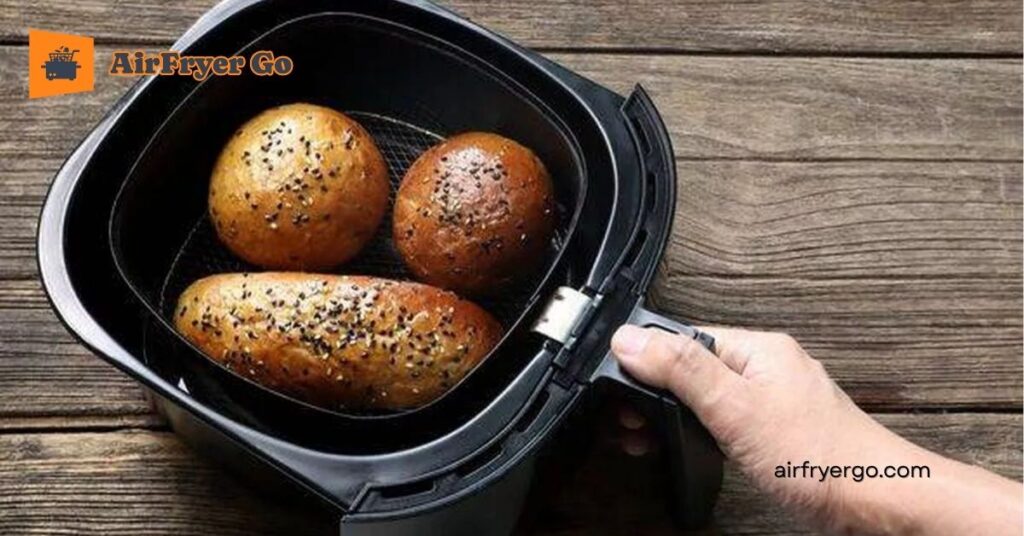
Selecting the right air fryer is crucial for a safe and enjoyable cooking experience. With so many options available, it’s essential to focus on key features that enhance safety, performance, and durability. Here’s a guide to help you choose an air fryer that minimizes risks and meets your needs.
1. Look for Safety Certifications
Ensure the air fryer has passed safety standards such as UL (Underwriters Laboratories) or ETL (Intertek) certifications. These labels indicate that the appliance meets recognized safety requirements, reducing the risk of malfunctions.
2. Opt for a Reliable Brand
Choose air fryers from reputable brands known for quality and customer support. Trusted manufacturers often provide better safety features, clear user manuals, and reliable warranties.
3. Prioritize Safety Features
Look for essential safety features such as:
- Auto Shut-Off: Turns off the appliance if it overheats or when the timer ends.
- Cool-Touch Exterior: Prevents burns by keeping the outer surface cool.
- Non-Slip Base: Ensures stability during operation.
4. Evaluate the Non-Stick Coating
Select an air fryer with a durable, high-quality non-stick coating that is free from harmful chemicals like PFOA and PFAS. This ensures food safety and prevents the release of toxic fumes during use.
5. Consider the Size and Capacity
Choose a size that suits your cooking needs without exceeding your kitchen’s space limitations. Overloading a small air fryer can lead to overheating, so opt for a larger capacity if you plan to cook for multiple people regularly.
6. Check Temperature and Timer Controls
Look for models with precise temperature and timer settings. Digital controls are often more accurate than analog dials, allowing you to maintain safe cooking temperatures and reduce the risk of burning food.
7. Assess Build Quality
A well-built air fryer with sturdy materials is less likely to encounter issues like overheating or electrical faults. Avoid products with cheap plastic components that may melt or warp over time.
8. Choose Dishwasher-Safe Parts
Removable parts that are dishwasher-safe make cleaning easier, reducing the risk of grease buildup that could cause smoke or fire hazards.
9. Read Reviews and Ratings
Research online reviews from verified customers to identify common issues and overall satisfaction with a particular model. Pay attention to any recurring safety complaints.
10. Compare Warranties
A good warranty indicates that the manufacturer stands behind their product. Opt for air fryers with at least a one-year warranty for added peace of mind.
Choosing the right air fryer is about balancing safety, convenience, and quality. By focusing on certified models with advanced safety features and durable construction, you can minimize risks and enjoy hassle-free cooking. Once you’ve selected your ideal appliance, be sure to follow the manufacturer’s instructions and safe usage tips for the best results.
FAQs
1. Are air fryers safe to use?
Yes, air fryers are safe to use when operated according to the manufacturer’s guidelines. Modern air fryers come with safety features such as auto shut-off, overheat protection, and cool-touch exteriors to ensure safe cooking.
2. Can air fryers catch fire?
While extremely rare, fire risks can occur if the air fryer is misused, such as overloading it, using non-compatible accessories, or allowing grease buildup. Proper cleaning, correct placement, and following safety instructions minimize such risks.
3. Do air fryers release harmful chemicals?
No, reputable air fryers use non-stick coatings free from harmful chemicals like PFOA or PFAS. Ensure the coating is intact and undamaged to avoid any potential issues.
4. Is food cooked in an air fryer unhealthy?
Not at all. Air fryers significantly reduce the amount of oil needed, making meals healthier than traditional frying methods. Cooking at moderate temperatures also helps retain nutrients in food.
5. Can air fryers cause cancer?
This concern is related to the formation of acrylamide, a chemical that can occur when starchy foods are cooked at high temperatures. Using moderate heat and avoiding over-browning effectively reduces this risk.
6. What are the most common safety tips for using an air fryer?
- Keep the air fryer on a flat, heat-resistant surface.
- Do not overcrowd the basket.
- Clean the appliance after each use to avoid grease buildup.
- Use accessories recommended by the manufacturer.
- Always supervise the air fryer during use.
7. Are air fryers suitable for small kitchens?
Yes, air fryers are compact and ideal for small spaces. Just ensure proper ventilation around the appliance to prevent overheating.
8. Do air fryers use a lot of electricity?
Air fryers are energy-efficient compared to ovens and other traditional cooking methods. They cook food faster and consume less power, making them a cost-effective option.
9. How can I prevent the non-stick coating from peeling?
Avoid using metal utensils and harsh cleaning tools. Use silicone or wooden utensils, and clean the basket and pan gently with a soft sponge.
10. Are there foods I should avoid cooking in an air fryer?
Yes, avoid cooking foods with excessive moisture (like battered fish) or large amounts of oil, as they can cause splattering and smoke. Foods with high-fat content, such as bacon, should be cooked with caution to prevent grease buildup.
Conclusion
Air fryers are a versatile and convenient kitchen appliance that can help you prepare healthier meals with minimal effort. While concerns about their safety and functionality exist, proper usage, regular maintenance, and informed choices can eliminate most risks. By following safety tips, understanding the facts behind common myths, and selecting the right model, you can enjoy all the benefits of air frying without worry.
If you’re looking for expert advice, product recommendations, or delicious air fryer recipes, visit AirFryer Go—your ultimate resource for everything air fryer-related. With the right guidance and knowledge, your air fryer can become an indispensable tool in your kitchen.

